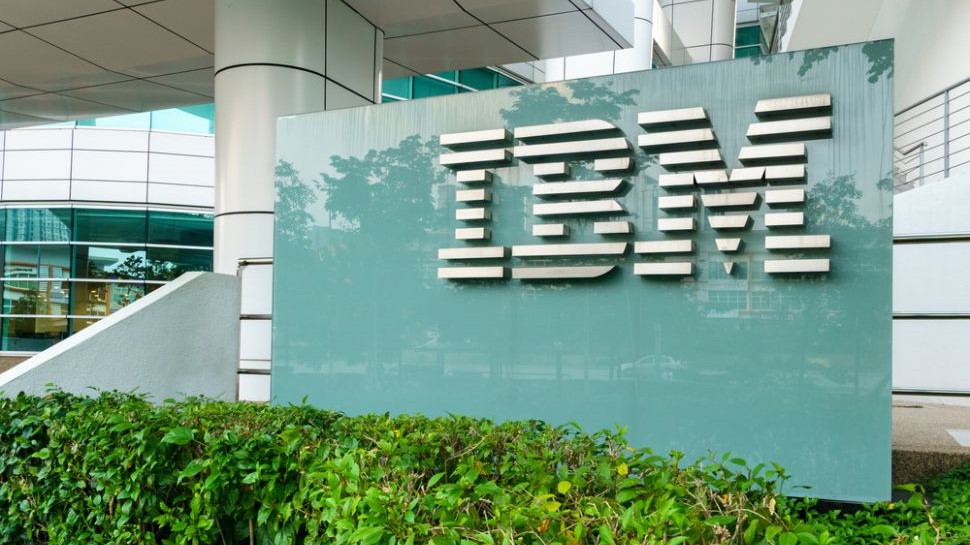IBM is using seawater to make its new batteries
Cobalt shortage is leading battery makers to explore alternative minerals

IBM has revealed that it has created a new battery design that uses materials extracted from seawater as opposed to cobalt as the mineral is in now in high demand from the electric vehicle market.
The software giant partnered with the research wing of Mercedes-Benz, the battery electrolyte supplier Central Glass and the battery manufacturer Sidus to help with the commercial development of the new design.
However, according to vice president at IBM Research, Jeff Welser, the first working prototype of the new battery won't arrive for at least a year or so and the company may not necessarily end up making a product using the design.
- IBM launches huge open-source security platform
- European Commission is investing billions into building better batteries
- This is everything you need to know about electric vehicles
Environmental impact
In a blog post announcing the breakthrough, manager for material innovations for next-gen batteries at IBM, Young-hye Na explained why the company is exploring using non-traditional materials for its new battery, saying:
“Many battery materials, including heavy metals such as nickel and cobalt, pose tremendous environmental and humanitarian risks. Cobalt in particular, which is largely available in central Africa, has come under fire for careless and exploitative extraction practices. Using three new and different proprietary materials, which have never before been recorded as being combined in a battery, our team at IBM Research has discovered a chemistry for a new battery which does not use heavy metals or other substances with sourcing concerns.”
Battery makers are currently trying to reduce the amount of cobalt content in their lithium-ion batteries as the growth of the electric vehicle industry is expected to result in shortages of the mineral which is mainly found in the Democratic Republic of Congo.
In addition to being better for the environment, IBM says its technology is able to outperform lithium-ion batteries when it comes to cost, charging time and energy efficiency.
Are you a pro? Subscribe to our newsletter
Sign up to the TechRadar Pro newsletter to get all the top news, opinion, features and guidance your business needs to succeed!
- We've also rounded up the best portable laptop chargers and power banks
Via Reuters
After working with the TechRadar Pro team for the last several years, Anthony is now the security and networking editor at Tom’s Guide where he covers everything from data breaches and ransomware gangs to the best way to cover your whole home or business with Wi-Fi. When not writing, you can find him tinkering with PCs and game consoles, managing cables and upgrading his smart home.
